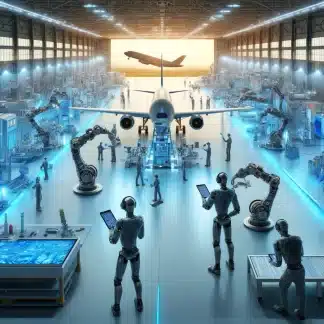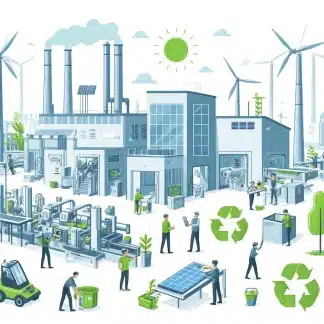Description
FAQ for a Factory Worker
1. What are the primary responsibilities of a factory worker?
Factory workers are responsible for various tasks, including assembling products, operating machinery, quality control checks, packaging finished products, and maintaining equipment. They also need to follow safety procedures and report any issues to supervisors.
2. What are the key skills required to succeed as a factory worker?
Essential skills include good manual dexterity, attention to detail, problem-solving abilities, teamwork, knowledge of production machinery and tools, and the ability to follow precise instructions.
3. How can factory workers improve their safety on the job?
To improve safety, workers should always wear appropriate personal protective equipment (PPE), strictly follow safety procedures, maintain a clean work environment, and participate in regular safety training.
4. What is the importance of ergonomics in factory work?
Ergonomics is crucial as it helps prevent musculoskeletal injuries and improves worker comfort. Well-designed workstations, ergonomic tools, and regular breaks to avoid fatigue can significantly increase productivity and reduce the risk of injuries.
5. What are common challenges faced by factory workers?
Common challenges include repetitive tasks, risk of injuries, long hours of standing, stress from production quotas, and the need to maintain constant attention to ensure product quality.
6. How can factory workers develop their skills and advance in their careers?
Workers can develop their skills by pursuing continuous training, obtaining certifications in specific areas, learning new manufacturing technologies, and demonstrating a willingness to take on additional responsibilities.
7. What is the importance of quality inspections in factory work?
Quality inspections are crucial to ensure that products meet company standards and customer expectations. They help identify and correct production defects before products leave the factory, reducing return costs and improving customer satisfaction.
8. How do technological advancements impact the work of factory workers?
Advanced technologies, such as automation and artificial intelligence, can make work more efficient and less physically demanding. However, they also require workers to acquire new skills to operate and maintain these technologies.
9. How can factory workers manage job-related stress?
To manage stress, workers can use time management techniques, take regular breaks, practice relaxation exercises, and seek support from colleagues and supervisors. Maintaining a good work-life balance is also essential.
10. What career opportunities are available for experienced factory workers?
With experience, a factory worker can move into supervisory roles, production management, machine maintenance, or specialize in technical areas such as robotics programming or quality assurance. Continuous training and certifications can open new professional opportunities.




